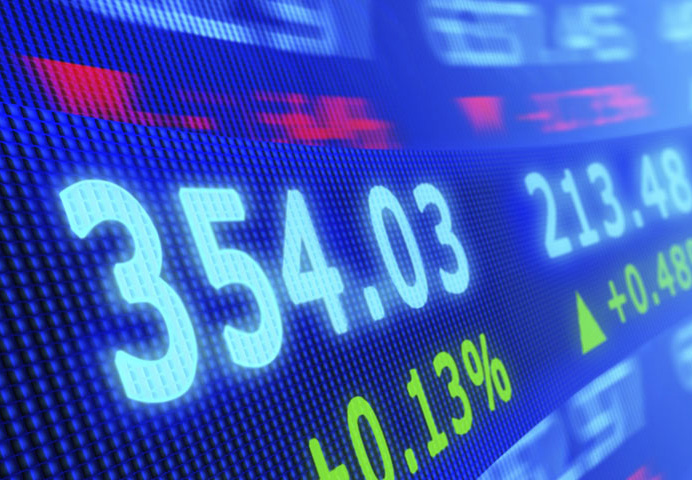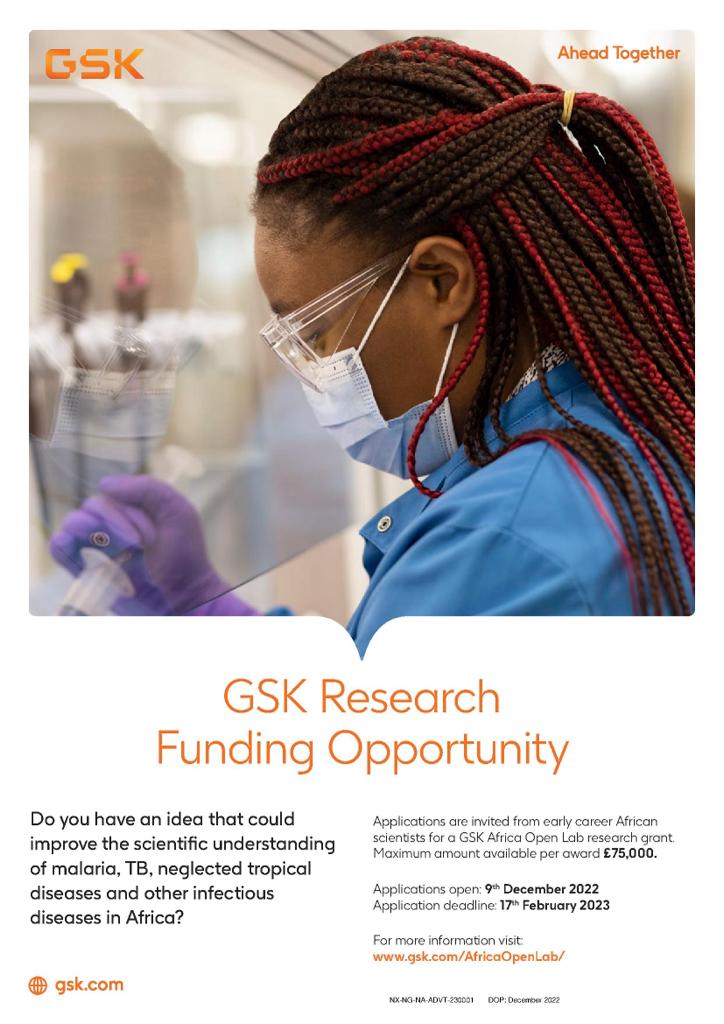The rise in inflation and the Federal Reserve’s higher interest rates made 2022 difficult for bonds, stocks, and cryptocurrencies. Since the start of the year, the S&P 500, Dow Jones Industrial Average, and Nasdaq Composite have all plummeted by between 9 and 30%. Market analysts forecast that 2023 would have a “quite different backdrop,” with a possible rise in Fed interest rates and uncertain economic prospects.
Before you invest in stocks, here is what experts in the market predict for the coming year.
Possibility of Short-Term Losses
According to JPMorgan analysts, stocks would likely downshift in 2023 and perhaps hit 2022-style market lows. This slowdown is anticipated as businesses and households reduce capital expenditures and discretionary spending. The S&P 500 might hit 4,200 points (an 8% rise from present levels) by the end of the year, according to JPMorgan, if the Federal Reserve decides to change course. Although Morgan Stanley anticipates the index to conclude the year at about 3,900 points, a little gain from present levels, they also forecast that the index may reach this point if the market performs well.
The Stock Market Will Continue To Be Volatile
In 2022, the stock market saw high levels of instability, with more frequent and notable price changes. Due to the slower interest rate increases, the possibility of a recession, and a Chinese economic recovery, this volatility is anticipated to persist for a few months in 2023. However, market volatility is common and may be controlled by remaining composed and keeping an eye on the big picture. In actuality, returns frequently increase following big market declines. This might just be the best time to invest in stocks.
Keep an Eye on Interest Rates
Investors should keep an eye on interest rates in 2023 as the Federal Reserve may pause or curtail rate increases, which might have an effect on the market. Rate increases were made often in 2022 to fight inflation, which caused the stock and bond markets to decline. As a result of the sharp increase in interest rates, analysts anticipate a recession in 2023. It is crucial for investors to monitor the Fed and how it affects the market before investing in stocks.
A Return to Fixed Income
In 2023, economists anticipate bonds to do well while equities may suffer. Bonds, which did poorly in 2022, are expected to perform best in 2023, according to Morgan Stanley strategists. Vanguard forecasts US bonds will earn between 4.1% and 5.1% per year over the next 10 years, up from less than 2.5% previously. This shift is the result of the unusual circumstance in 2022 in which both stock and bond prices fell simultaneously. While this is negative for stocks, it can be advantageous for some bond money managers since falling bond prices translate to greater yields and increased revenue for investors. Higher yields benefit investors who have not received significant income from bonds.
How to Invest in Stock Market in 2023
Financial experts advise traders to invest in stocks if they can, especially in difficult times, to manage the stock market in 2023. This approach can help you position yourself for long-term success and ensure you don’t miss the market’s comeback. The uncertainty that results from an unpredictable market can also be reduced by taking a long view. According to Philip Straehl, an executive of Morningstar’s Investment Management group, investors have good reason to be hopeful since the 2022 recession has created a more favorable long-term investing climate.
Add a comment






